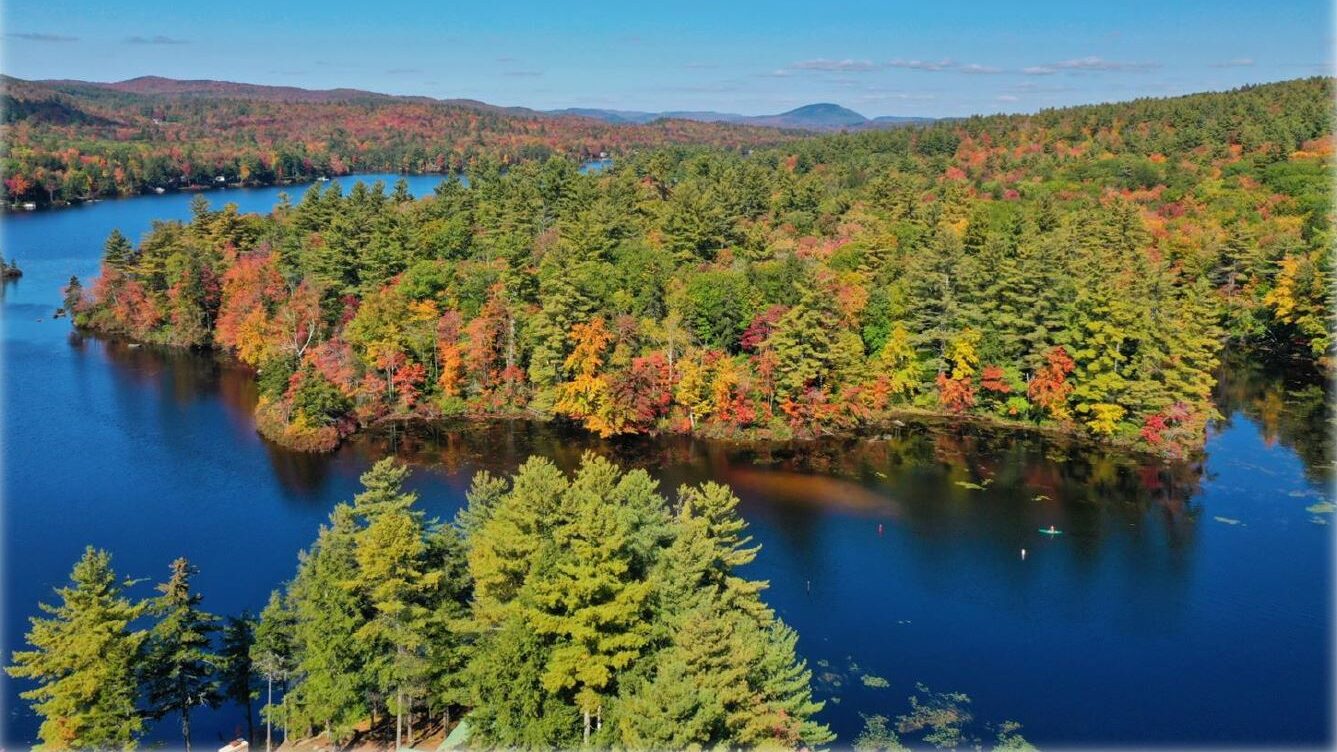So here’s a question I received the other day.
Won’t putting this 40 acres into conservation land cost the town thousands of dollars in lost tax revenue?
The simple answer to this question is what I’ll start with, and then I will actually get into the meat and potatoes of how it’s not an accurate assumption. The quick and easy answer is yes, since the town will own the land, there will be a loss of tax revenue from the property in the short term.
Given a conservative estimate based on data from the GIS map, the conservation commission recommendations and the planning board initial hypothetical response, the 40 acres, that is currently three lots, could theoretically be divided into four separate house lots without much effort. In doing so, if a developer were to build million dollar houses (which is not any stretch of the imagination nowadays) you would have a tax bill of about 8 to 10 thousand dollars each.
The flipside to that Question would be the ecological cost. The habitat loss for the wildlife, the cost of the lost filtration capabilities of the undeveloped shoreline, and the loss of property values due to the decline in the water quality of the lake itself. While these things are difficult to put an actual figure on. However, simply by observing other areas both in the state and around the country that are having water quality issues due to over development on and around lakes and rivers, all you have to do is look at the amount of money that they are spending to remediate that development or to add filtration facilities in order to clean up the environmental impact from overdevelopment.
Simple math here says that in the future if you were to have to spend $1 million in cleanup remediation and filtration,
it would take 25 years at $40,000 a year to cover the cost of that. So going by the example of all these places where they have spent millions of taxpayer dollars to fix the issues, the bottom line is you’re not actually losing that tax revenue. You’re going to spend it in the future anyways, at most likely a higher cost. That brings us to the Ben Franklin saying of “An ounce of prevention is worth a pound of cure”
Now let’s look at the flipside of this. First of all, With the Stoddard conservation commission purchasing this property and putting it into conservation, means that the public will have access to this property. However, it will be limited simply because of the fragility of the ecosystem.
The little big forest steering committee has several ideas in place for how and when the property can be accessed. An example of one of the plans is to build an ecologically sustainable trail experience that goes through the property that will be ABA accessible. Part of the experience of this will showcase several of the key features of the property while still protecting the flora and fauna within. Another thought is for the local elementary school and others to have access to the rustic cabin for school projects and outdoor-based learning. One of those projects that I had in mind was for the kids to categorize and tie historical events to the large trees on the property. By categorizing the trees, we would be able to enter the biggest specimens into the New Hampshire big tree program.
A third idea, due to input during one of our wine and cheese events this summer, Is to integrate a multi day hike and camping excursion led by Stoddard conservation commission exploring much of the conservation land that is in town. These kinds of things can be a huge draw for Eco tourism that would be great for our town. Especially in light of the fact that there are currently no plans for economic growth or development of any other kind in town.
A common theme I have consistently heard talking with the several hundred folks I met over the course of this summer doing our meet and greets and wine and cheese fundraisers is “we love Stoddard because of the beautiful scenery, the clean water and the amount of land in conservation or easements. I believe keeping this forest out of development will be an asset and potentially a catalyst for change. Having an Eco destination in our town will benefit the Mom and Pop home based business more directly than if we were to bring in or try to bring in some other type of business. There would be direct benefit to the people in town instead of big corporations and big government in far away places.
Our legacy to our children and their children could begin with the little big forest. It is up to you to help make this happen.
